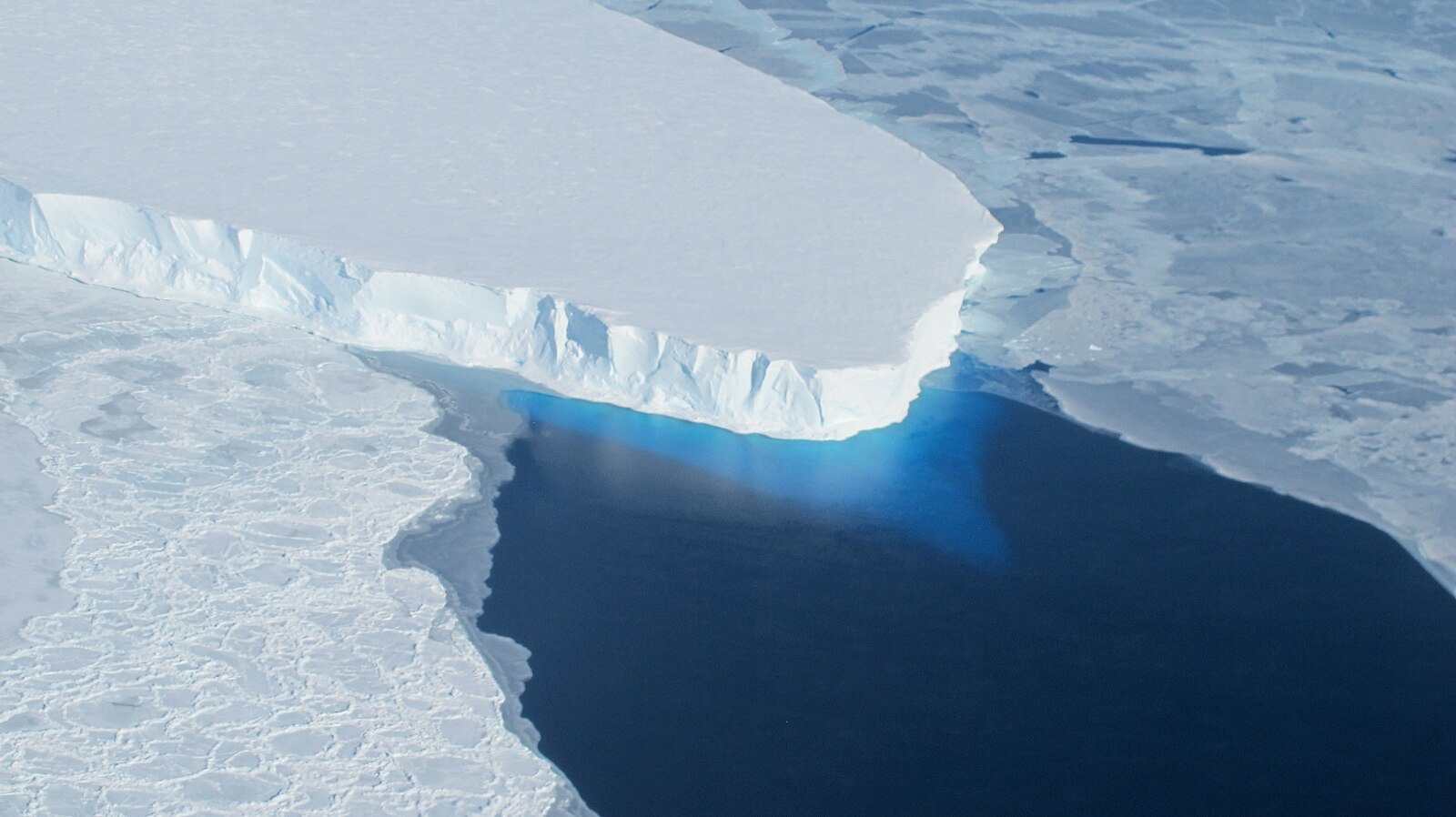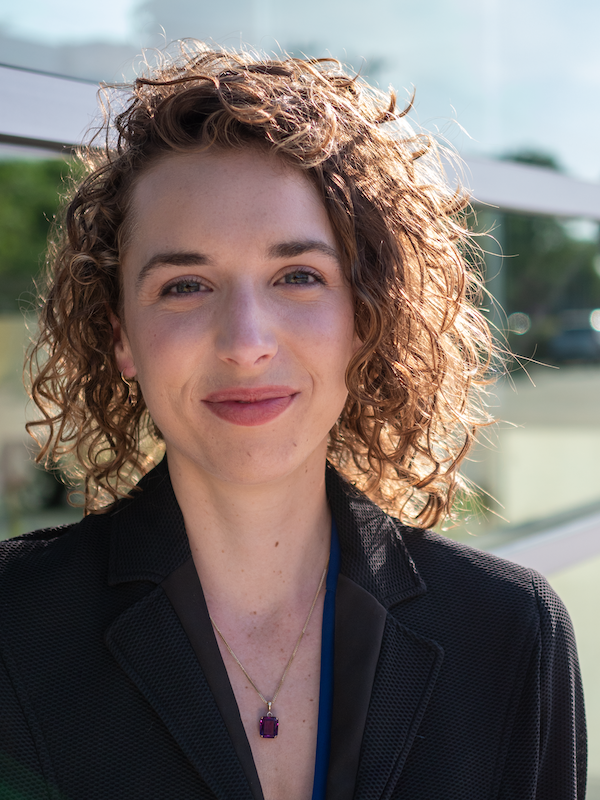
The Arctic Climate Emergency Response (ACER) Initiative
Year
2025
Grant Level
Build Grant
Seed Grant (Completed)
Focus Area
Three of the most imminent global climate tipping points — the melting of the Greenland Ice Sheet (GrIS), sea ice loss, and permafrost thaw—are Arctic-based, and are now within reach. Changes to these core components of the climate system are already driving sea-level rise, altering weather patterns, and threatening biodiversity. Current data suggest that if warming trends continue, a self-perpetuating change in state may be “locked in” as soon as 2035, triggering cascading impacts beyond our ability to manage or mitigate through emissions reductions alone. This transformation is more than an environmental crisis; it has profound consequences for global climate stability, as Arctic tipping points approach thresholds that could make changes irreversible.
ACER aims to address these critical threats by investigating targeted interventions to slow or even reverse Arctic warming. ACER will develop a set of Emergency Climate Options (ECOs) to address the three most imminent tipping elements and accelerate the research needed to prove, or disprove, their effectiveness, feasibility, and safety. In the first phase, ACER will focus on mixed-phase cloud thinning (MCT), which involves glaciogenic cloud seeding to decrease the longwave (heat-trapping) effect of Arctic mixed-phase clouds.
Program Personnel

Charlotte DeWald
Fellow and Program Director
Read more
Charlotte DeWald is an atmospheric scientist who integrates models and observations to advance the predictive understanding of aerosol-cloud interactions (ACI) and constraining uncertainties across sources and scales—from in situ measurements to large-scale climate models. Her research focuses on highly efficient biological ice-nucleating particles (INPs), extremely rare aerosols (1 in 10⁹) that can trigger cloud ice formation and precipitation. She has led multi-institutional efforts to measure and model ACI, resulting in the first INP observations over the Red Sea, Indian Ocean, and Persian Gulf, satellite-based constraints on ACI radiative forcing for climate models, and advanced instrumentation for high-temperature INP detection. Charlotte holds a Ph.D. in Climate Science from Scripps Institution of Oceanography.
Seed Grants
ARC’s Seed grants will provide early-stage funding to catalyze promising ideas addressing catastrophic climate risks.
ARC Seed grants support promising ideas with exploratory efforts, scoping studies, concept development, early-stage research, and small pilot projects, to help develop and refine innovative concepts or unblock initial barriers.
Timeline: ARC Seed grants are provided for 3-6 month engagements.
Grant Amount: ARC’s Seed grants generally provide $30–100K in funding as well as deep engagement on project design and strategy.
Turn your climate ideas into actionable programs.
Apply for a Seed Grant.
-
Inland Sea Reflooding
Amir AghaKouchak
2024–2025
-
Tracking Tropospheric Sulphur
Colleen Golja, Christina Last, Carla Roesch
2025
-
Undercurrent
Kelly Kinetic, Shaun Kinetic, Lauren Murray, Lea Eaton
2025
-
Enhancing Global South Capacity to Address Climate Emergencies
Rose Mutiso
2025
-
Planning for Catastrophic Climate Risk
Luke Kemp
2025
-
Carbon Removal as a National Security Imperative
Noah Deich
2025
-
AI-Powered Social Science for Climate Emergencies Research
Allegra Cohen
2025
-
The Arctic Climate Emergency Response (ACER) Initiative
Charlotte DeWald
2025
-
The Climate Emergencies Resilience Lab
Deep Sciences Ventures
2025
Build Grants
ARC’s Build grants will enable leaders to turn promising concepts into actionable programs.
ARC Build grants support the development of independent organizations or partnerships with existing entities, focusing on activities such as program planning, roadmapping, early implementation, and organizational development.
Timeline: ARC Build grants are provided for 6-month to 1-year engagements.
Grant Amount: ARC’s Build grants generally provide $100-400k in funding as well as strategic and operational support, and a variety of technical expertise.
Turn your climate ideas into actionable programs.
Apply for a Build Grant.
-
Arête Glacier Initiative
Brent Minchew, Lauren Mahle
2024–2025
-
The Arctic Climate Emergency Response (ACER) Initiative
Charlotte DeWald
2025
Scale Partners
ARC’s Scale grants will empower our partner organizations to achieve significant impact by advancing key program objectives.
ARC’s Scale Partnerships provide targeted support to help organizations working on challenges aligned with ARC’s mission to enhance their efforts addressing climate risks.
In addition to resources, we offer technical expertise, strategic guidance for organizational growth and research, and hands-on support in fundraising and partnership development. By working closely with our partners, we ensure that promising initiatives are well-positioned to succeed and grow.
Get in touch
-
Reflective
Dakota Gruener, Doug MacMartin
2024–2025
-
Arête Glacier Initiative
Brent Minchew, Lauren Mahle
2024–2025